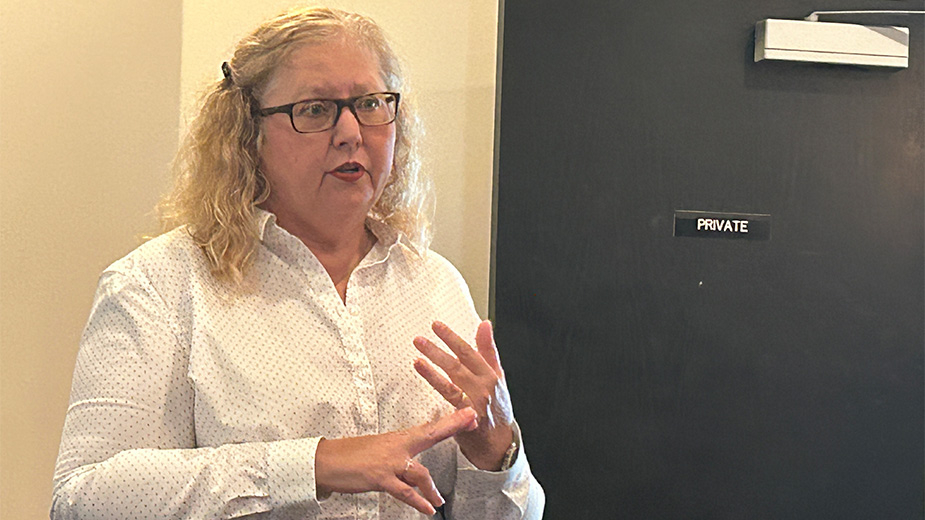Pain of Job Loss Eased by Living Close to Parents
CLEVELAND – Younger Americans who lose their jobs because of a factory closing but live in the same neighborhood as their parents are more likely to rebound quicker than those who live farther away, a study by the Cleveland Fed finds.
The study, “Parental Proximity and the Earnings Consequences of Job Loss,” was written by Patrick Coate, research economist Pawel Krolikowski and Mike Zabek. The Federal Reserve Bank of Cleveland released their study earlier this month.
“Young adults (ages 25 to 35) who live in the same neighborhoods as their parents earn roughly the same amount five years after a job loss as a control group who did not lose their jobs,” the authors write. “In contrast, those living farther from their parents experience a large decline in earnings that persists 10 years after [they lost their jobs].”
Reasons why those living closer to home had less disruption in their lives include parents providing shelter, help finding a new job and mentoring, the authors say.
Those ages 35 to 55 who lost their jobs earned the same amounts a decade later as those who remained employed, regardless of how close or far they live from their parents. “This may be because some older adults live close to their parents to take care of them,” Coate, Krolikowski and Zabek suggest.
Their research, they stress “does not prove that parental resources are responsible for better earnings outcomes of [younger] adults who lose their jobs,” only that they found a statistical correlation and the topic “is worth a more sophisticated analysis.”
The authors used data collected on 35,000 people between 1968 and 2013 — “household heads” — between the ages of 18 and 62. They had an average of 20 years of data on each, which included annual income and where they resided.
Their study focused on “displaced workers who lose relatively stable jobs through no fault of their own,” such as a plant closing, and that the workers had been employed at least two years before they were laid off.
Of the 1,350 “job displacement events,” 450 befell individuals who lived near their parents – “within the same Census tract or commuting zone” – and 900 who did not.
Major findings:
- Displaced workers are slightly younger, less educated and with their employer less time than those who remained employed.
- They “earn significantly less,” than those who remain employed, even before they lost their jobs.
- Those who live farther from their parents tend to be younger, more educated and earn more than those who live in their parents’ neighborhoods, regardless of whether they kept or lost their jobs.
- On average, when those who lost their jobs re-entered the labor market, their new jobs paid $10,000 a year less on average than their old jobs to start, somewhere between 20% and 25%, of what they earned at their old jobs.
- While they received raises, they never caught up with those that kept their jobs, who also received raises. It took six years on average for a displaced worker to reach the level of pay at his former job.
- Even 10 years after displacement, such workers’ compensation never catches up with those never laid off.
Copyright 2024 The Business Journal, Youngstown, Ohio.



